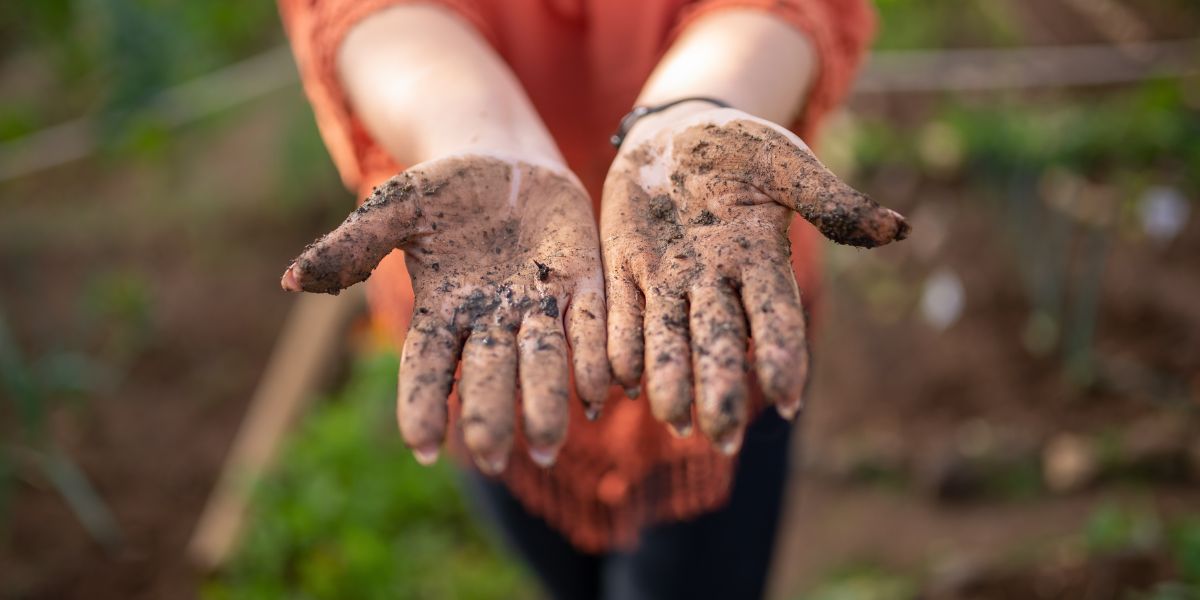Homesteading skills refer to the practical knowledge and abilities required to live a self-reliant lifestyle. These skills focus on producing food, managing resources, maintaining shelter, and preserving health with minimal reliance on outside systems. Developing these skills helps individuals and families reduce expenses, increase sustainability, and improve resilience homesteading skills.
Core Homesteading Skills
Homesteading encompasses a broad range of skills. Some of the most important skills include:
1. Gardening and Crop Cultivation
Growing food is a fundamental homesteading skill. This involves selecting appropriate crops, preparing soil, planting, watering, pest control, and harvesting. Knowledge of crop rotation and companion planting helps maintain soil health and optimize yields.
2. Animal Husbandry
Raising animals such as chickens, goats, rabbits, or bees provides food products like eggs, milk, meat, and honey. Skills include feeding, housing, breeding, health monitoring, and humane handling.
3. Food Preservation
Preserving excess food extends shelf life and reduces waste. Common methods include canning, freezing, drying, fermenting, and smoking. Proper sanitation and storage techniques are critical to prevent spoilage.
4. Cooking and Baking from Scratch
Preparing meals from raw ingredients ensures control over nutrition and ingredients. Baking bread, making butter, and cooking with fresh produce are typical skills that complement homesteading.
5. Basic Carpentry and Repairs
Constructing and maintaining structures such as fences, animal shelters, raised garden beds, and tool sheds require carpentry skills. Basic knowledge of tools, materials, and safety is essential.
6. Water Management
Collecting, storing, and conserving water is important for self-sufficiency. Skills include rainwater harvesting, irrigation methods, filtration, and maintaining wells or pumps.
7. Composting and Soil Building
Turning organic waste into nutrient-rich compost improves soil fertility naturally. Homesteaders learn to manage compost piles or worm bins to recycle waste efficiently.
8. Herbal Medicine and Natural Remedies
Using plants for minor health issues reduces dependency on pharmaceuticals. Identification, harvesting, and preparation of medicinal herbs are valuable skills.
9. Renewable Energy Basics
Understanding solar panels, wind turbines, or biofuel production supports energy independence. Basic electrical knowledge helps maintain and troubleshoot systems.
10. Waste Management and Recycling
Effective management of household and farm waste protects the environment and supports sustainability. Homesteaders learn to recycle, repurpose, and compost waste materials.
How to Develop Homesteading Skills
Developing homesteading skills requires practice and education. Steps include:
- Taking courses or workshops in gardening, animal care, or food preservation.
- Reading books and reliable online resources.
- Volunteering or working on existing homesteads.
- Starting small projects at home to gain hands-on experience.
- Joining local homesteading or agricultural communities.
Skill-building is an ongoing process that improves with time and experimentation.
Benefits of Mastering Homesteading Skills
- Reduced reliance on store-bought goods and processed food.
- Lower monthly expenses through self-produced food and goods.
- Increased food security and sustainability.
- Improved physical health due to outdoor work and fresh food.
- Greater knowledge of natural cycles and environmental stewardship.
- Enhanced problem-solving and resilience.
FAQ: Homesteading Skills
Which homesteading skill is most important for beginners?
Gardening is often recommended as the first skill to develop. Growing vegetables provides immediate food and teaches soil and plant care basics.
How long does it take to learn homesteading skills?
Skill acquisition varies by individual and skill complexity. Some tasks like seed starting take weeks, while building structures or raising animals can take months to master.
Can homesteading skills be practiced in urban settings?
Yes. Many skills like container gardening, composting, food preservation, and small-scale animal care can be adapted to apartments or small urban plots.
Do I need special tools to start homesteading?
Basic gardening tools, hand tools for carpentry, and food preservation equipment are sufficient for beginners. More advanced tools may be added as skills develop.
Is it necessary to grow all your own food to homestead?
No. Homesteading is about increasing self-sufficiency. Many homesteaders supplement homegrown food with store-bought items.
Conclusion
Homesteading skills are a diverse set of practical abilities that support self-sufficient and sustainable living. From gardening and animal care to food preservation and basic construction, these skills reduce reliance on external systems. Learning and practicing these skills improves food security, lowers costs, and fosters a closer connection to the environment.
Developing homesteading skills requires patience and education but offers lasting benefits in health, finances, and resilience. Whether on rural land or in urban settings, these skills enable individuals to lead a more independent and resourceful life.
